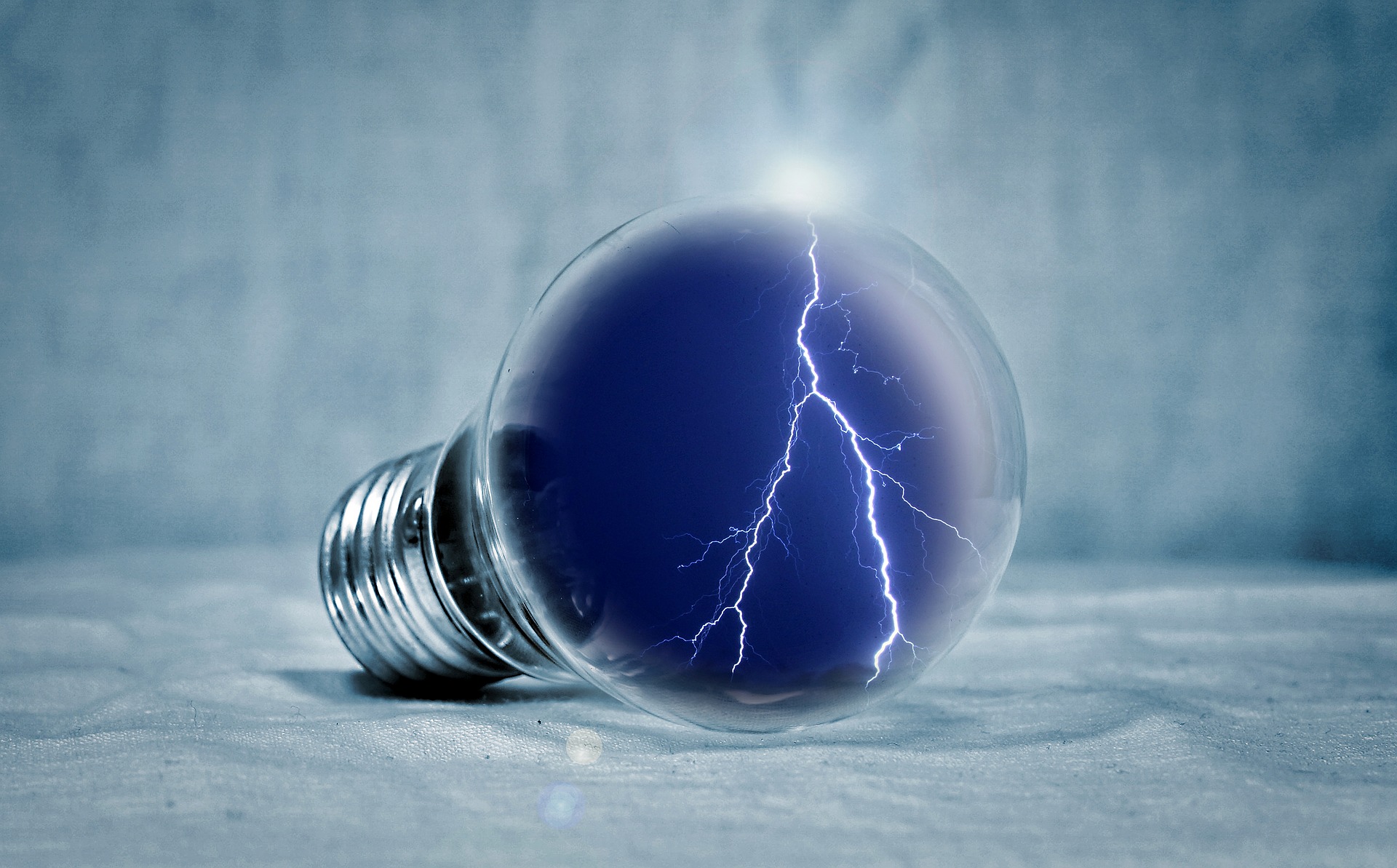

Huawei launched its next-generation DC fast charging module, HUAWEI HiCharger, in an online conference. Thanks to the reliable, efficient, intelligent, and low-noise design, HUAWEI HiCharger effectively will eliminate the pain points of the charging facility industry to boost its healthy development. Two versions are being released globally: 30 kW (within China), and 20 kW (outside China).


HUAWEI HiCharger (30 kW, within China) HUAWEI HiCharger (20 kW, outside China)
Reliable, efficient, intelligent, and low-noise
HUAWEI HiCharger adopts the full potting and isolation technologies that suite application scenarios of charging piles to avoid the failure of air cooled charging modules due to environment impact. In addition, the long-term reliability of the product in harsh scenarios has been verified through dust and high humidity tests, accelerated salt spray tests, and long-term reliability tests in outdoor areas across Hainan, Xishuangbanna, Dunhuang, and Lhasa in China. Therefore, operators’ O&M costs will reduce considerably.
As a new iteration of previous-generation charging modules, HUAWEI HiCharger delivers the efficiency of up to 96.55% in the 20 kW version (outside China) and up to 96.4% in the 30 kW version (inside China). The patented high-efficiency topology, effective control algorithm, and low-loss components together reduce the loss and consumption. Furthermore, smooth ventilation channel design and accurate fan speed adjustment minimize the extra loss caused by heat dissipation, helping the product achieve optimal performance.
The 30 kW version (inside China) of HUAWEI HiCharger has the same size as the 20 kW charging modules of the State Grid Corporation of China (SGCC). They can be added to expand capacity for charging piles. The product supports 300–1000 V constant power output to enable high-voltage fast charging for future vehicles.
HUAWEI HiCharger provides customers with new, valuable intelligent O&M features. By using the temperature data collected by internal sensors and AI algorithms, HUAWEI HiCharger can identify charging piles with blocked air filters and modules with stuck fans, and remotely prompt operators to perform targeted predictive maintenance, eliminating the need for frequent site visits.
To reduce noise levels, HUAWEI HiCharger can work in quiet mode when deployed in noise-sensitive environments. Built-in sensors measure temperature so that the product can adjust the fan speed based on the ambient temperature change. Specifically, when the ambient temperature is low, the fan speed decreases to reduce noise.
In collaboration with customers and partners, Huawei aims to build improved charging facilities for new energy vehicles, as well as promote the rapid development of the new energy charging industry, creating more value for the society, industry, and users.
About Huawei
Huawei is a leading global provider of information and communications technology (ICT) infrastructure and smart devices. With integrated solutions across four key domains – telecom networks, IT, smart devices, and cloud services – we are committed to bringing digital to every person, home and organization for a fully connected, intelligent world.
Huawei’s end-to-end portfolio of products, solutions and services are both competitive and secure. Through open collaboration with ecosystem partners, we create lasting value for our customers, working to empower people, enrich home life, and inspire innovation in organizations of all shapes and sizes.
At Huawei, innovation focuses on customer needs. We invest heavily in basic research, concentrating on technological breakthroughs that drive the world forward. We have more than 188,000 employees by the end of 2018, and we operate in more than 170 countries and regions. Founded in 1987, Huawei is a private company fully owned by its employees.
For more information, please visit Huawei online at www.huawei.com or follow us on:
Gallagher Re has shed light on the significant challenges insurers face when providing coverage for…
The Australian government will disburse AUD 1.7 million (USD 1.1m/EUR 1m) in grant funding to…
GlobalData’s latest report, ‘Asia Pacific Renewable Energy Policy Handbook 2024’ is among the latest region-specific…
The electrical generation market is facing a number of challenges, including the need to increase…
Nuclear energy has emerged as a prominent player in Asia's energy landscape, offering a reliable…
The pursuit of a low-carbon future has gained significant momentum globally, and Asia stands tall…